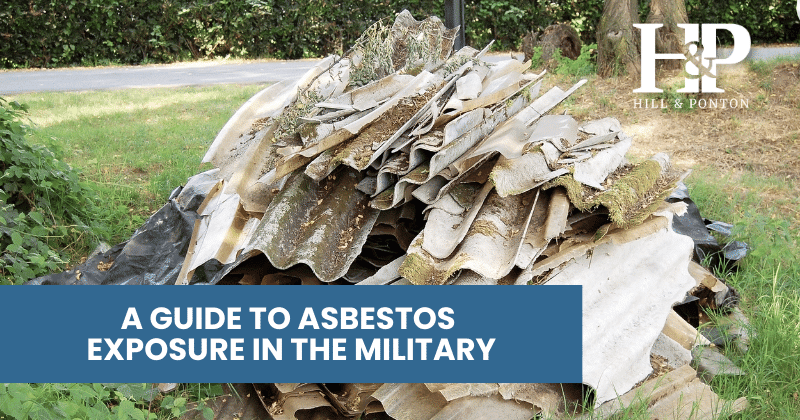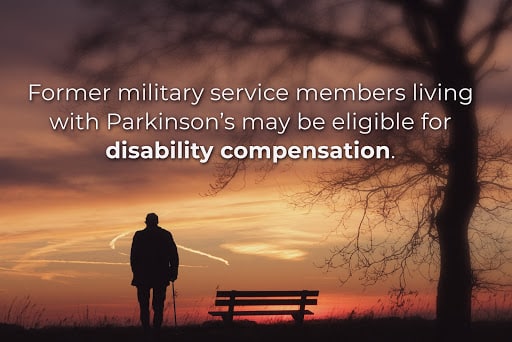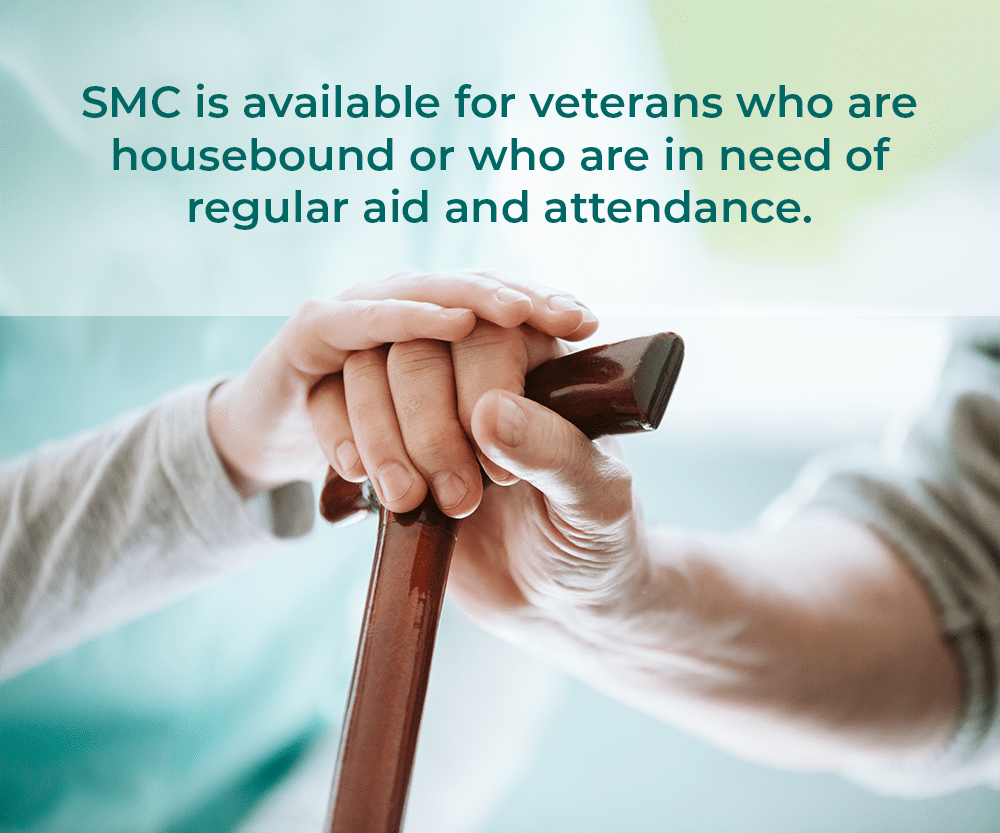From 1953 to 1987, beneath the veil of military duty and honor at the U.S. Marine Corps Base Camp Lejeune in Jacksonville, North Carolina, lurked a hazardous threat.
Thousands, comprising of military personnel, their families, and civilian workers, were unknowingly consuming and using toxic drinking water, leading to enduring health complications that resonate till today.
Among the various health implications linked to this exposure, leukemia stands out as a particularly alarming outcome.
Leukemia and Camp Lejeune Camp Lejeune’s legacy isn’t just its military history but also encompasses the latent health hazards arising from prolonged exposure to contaminated drinking water.
Research and studies indicate a potential connection between the onset of leukemia and exposure to the toxicants in the water at Camp Lejeune.
The VA has consistently highlighted that those present at Camp Lejeune or MCAS New River from August 1953 through December 1987 are likely to have come into contact with this contaminated water.
The CDC pinpoints two primary on-base water wells as the chief sources of this dangerous contamination.
These wells were known to harbor a slew of harmful chemicals, including:
- Trichloroethylene (TCE)
- Perchloroethylene (PCE)
- Trans-1
- Dichloroethylene (DCE)
- Benzene
- Vinyl chloride
Further investigations identified even more contaminants, showcasing the depth and extent of the problem.
By 1985, the magnitude of this contamination was glaringly apparent, culminating in the cessation of these wells’ operation.
A neighboring dry cleaner, located outside the confines of the base, was eventually identified as the root of this contamination.
Improper disposal practices facilitated the entry of these harmful chemicals into the water supply, thereby exposing a vast number of individuals to dangerous toxin levels.
About Leukemia
Leukemia is a type of cancer that originates in the body’s blood-forming tissues, including the bone marrow and lymphatic system.
It involves an abnormal proliferation of white blood cells, which are crucial for fighting infections.
There are multiple types of leukemia, and they’re classified based on the speed of progression and the type of cells affected.
Its exact cause remains unknown, but a combination of genetic and environmental factors, like chemical exposure, play a role in its onset.
Recognizing the Symptoms of Leukemia
Timely detection can significantly enhance the management and prognosis of leukemia.
Some common symptoms include:
- Persistent fatigue or weakness
- Frequent or severe infections
- Unintended weight loss
- Enlarged liver or spleen
- Swelling or discomfort in the abdomen
- Frequent nosebleeds or bleeding from the gums
- Bone pain or tenderness
- Night sweats or fever
Awareness of these symptoms, especially among those who were stationed or resided at Camp Lejeune during the affected years, is essential.
Immediate medical evaluation can lead to early diagnosis and more effective treatment strategies.
Am I eligible for VA disability compensation?
You may be eligible for disability compensation payments on a presumptive basis if you meet all of these requirements.
These requirements apply to Veterans, Reservists, and National Guard members.
Both of these descriptions must be true:
- You served at Camp Lejeune or MCAS New River, North Carolina, for at least 30 days total between August 1, 1953, and December 31, 1987, and
- You didn’t receive a dishonorable discharge when you separated from the military
And you must have a diagnosis of 1 or more of these presumptive conditions:
- Adult leukemia
- Aplastic anemia and other myelodysplastic syndromes
- Bladder cancer
- Kidney cancer
- Liver cancer
- Multiple myeloma
- Non-Hodgkin’s lymphoma
- Parkinson’s disease
Evidence shows a link between these conditions and exposure to chemicals found in the drinking water at Camp Lejeune and MCAS New River during this time.
If you resided at Camp Lejeune or MCAS New River, North Carolina, you also may be able to participate in the class-action lawsuit under the Camp Lejeune Justice Act of 2022. For more information, please see our resource page about the lawsuit here.
Can I also get health care benefits?
Yes. If you meet the service requirements for Camp Lejeune, you may be eligible to enroll in VA health care.
If you have any of the 15 covered health conditions listed here, you won’t have to pay a copay for care for that condition.
Here are the 15 covered conditions related to Camp Lejeune:
- Bladder cancer
- Breast cancer
- Esophageal cancer
- Female infertility
- Hepatic steatosis
- Kidney cancer
- Leukemia
- Lung cancer
- Miscarriage
- Multiple myeloma
- Myelodysplastic syndromes
- Neurobehavioral effects
- Non-Hodgkin’s lymphoma
- Renal toxicity
- Scleroderma
Note: If you also get VA health care for other conditions that aren’t on this list, you may need to pay a copay for that care.
How Hill & Ponton is Committed to Supporting Affected Veterans
The tragic legacy of Camp Lejeune’s water contamination continues to impact countless lives.
However, with the right legal support, affected individuals can seek and secure the benefits they rightly deserve.
At Hill & Ponton, our primary mission is to advocate for veterans’ rights.
We specialize in VA disability benefits, striving tirelessly to navigate the intricate legal processes on behalf of those who served. If you’re looking for a Camp Lejeune lawyer to help you win your case, our team is here to guide you every step of the way.
Reach Out Today: You’ve served our country; now let us serve you.
Call Hill & Ponton at 1-888-477-2363 for professional assistance.
Don’t delay—contact us and secure the compensation you deserve. Click the button below to begin your free case evaluation.





